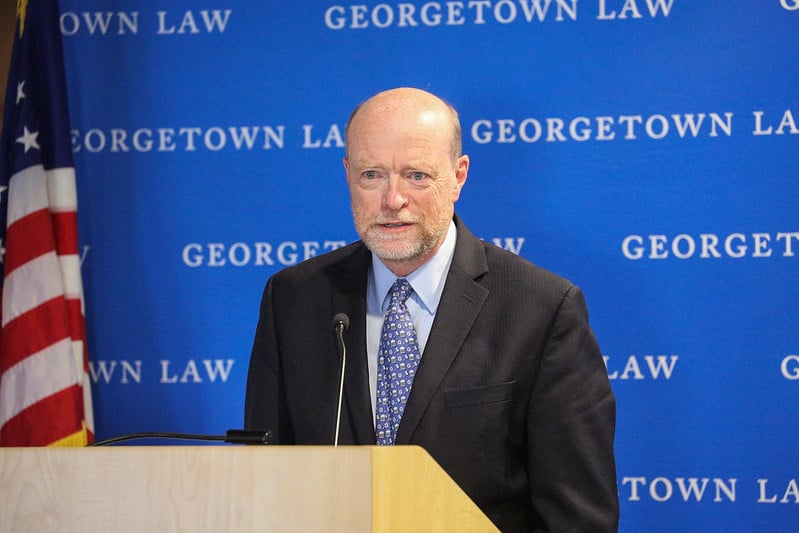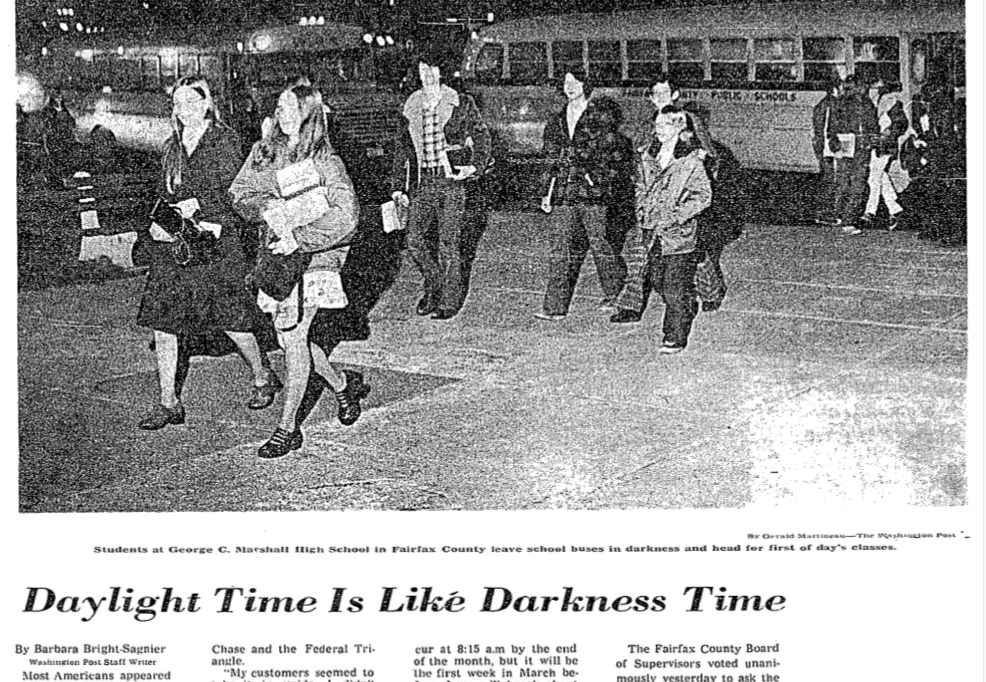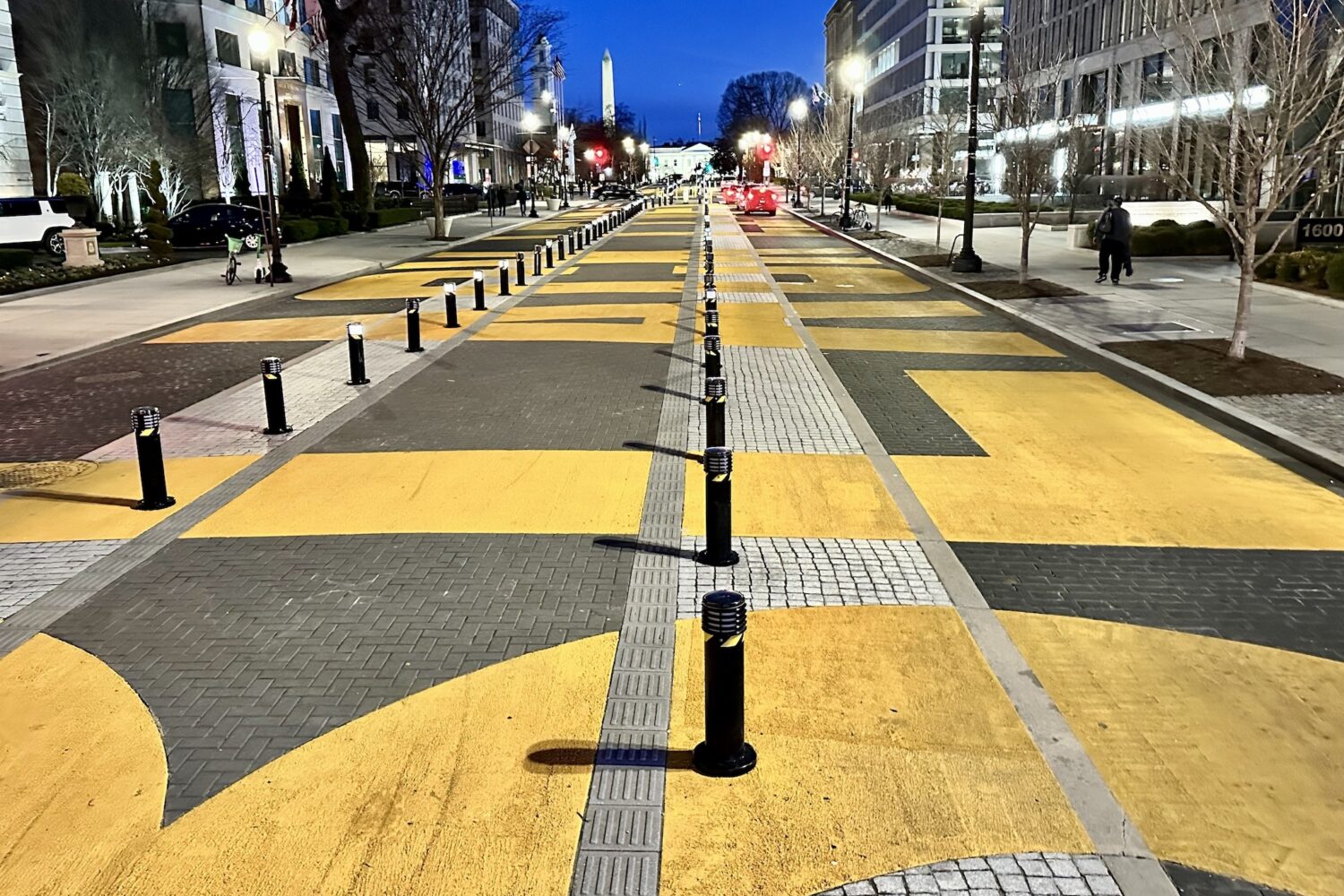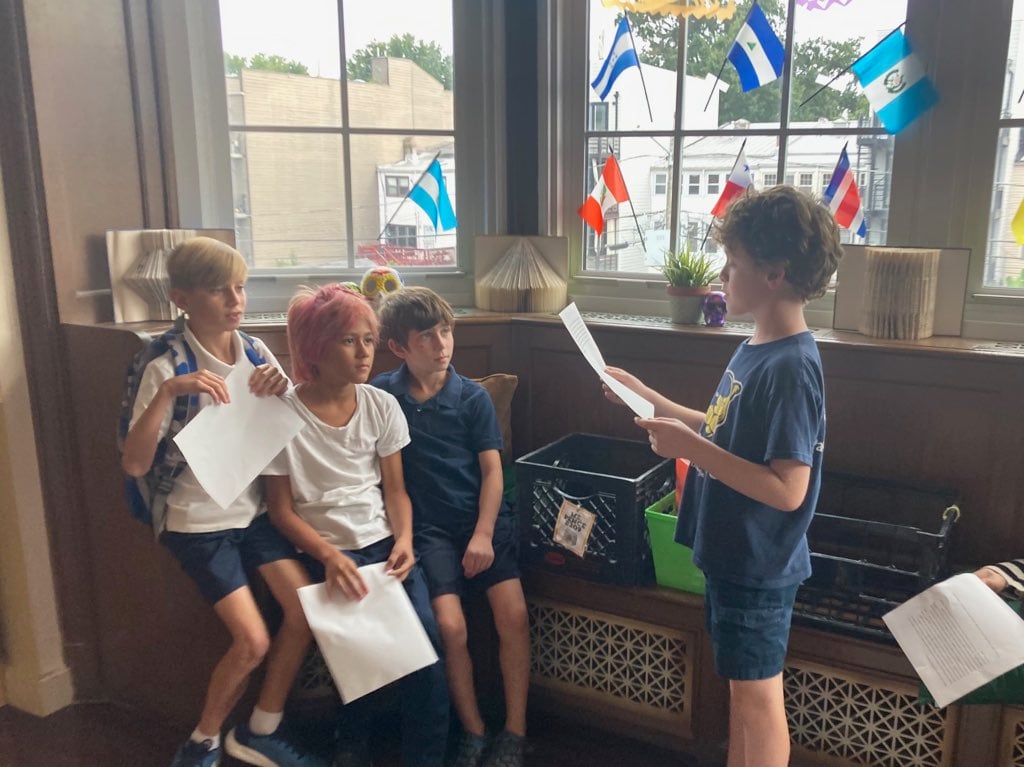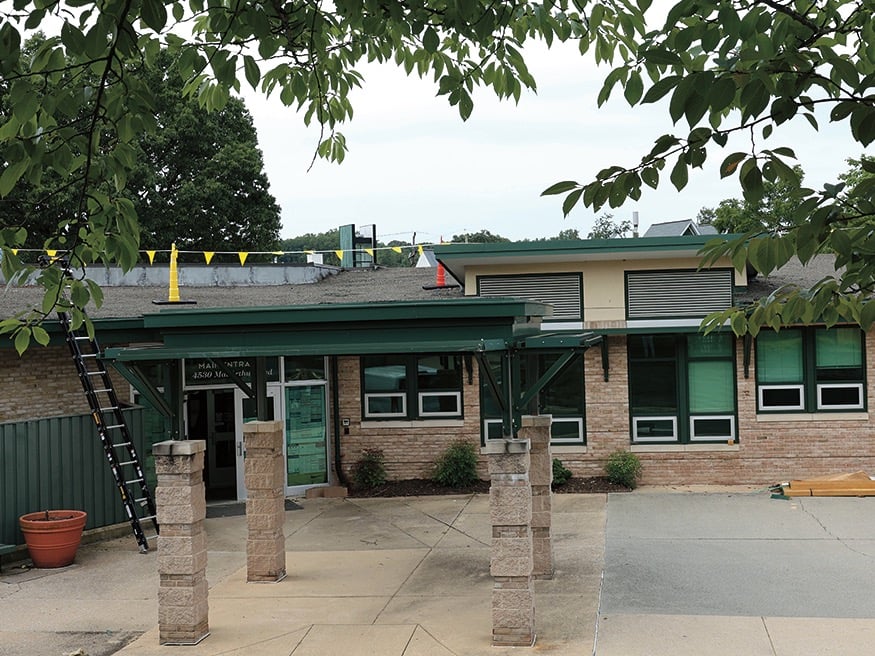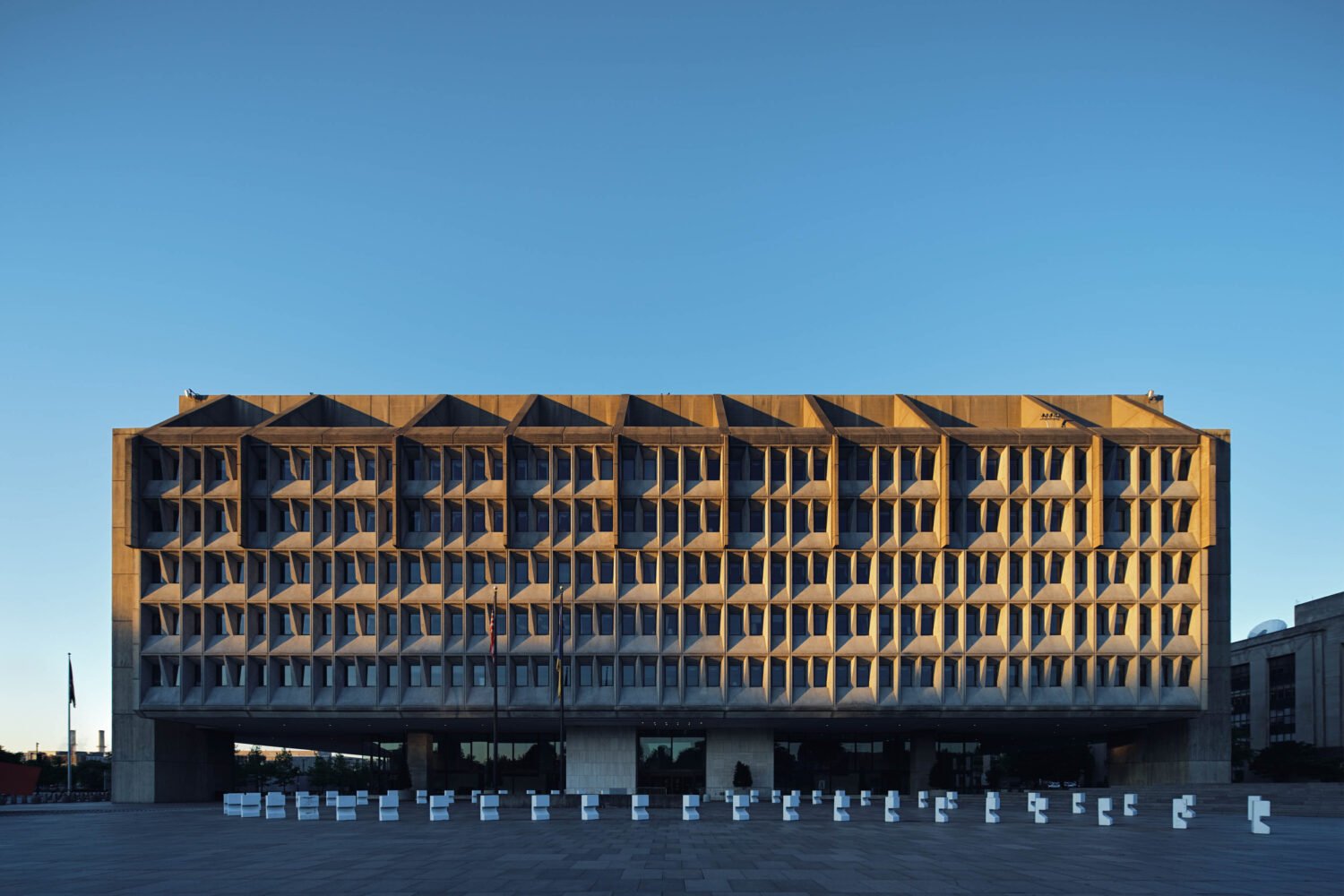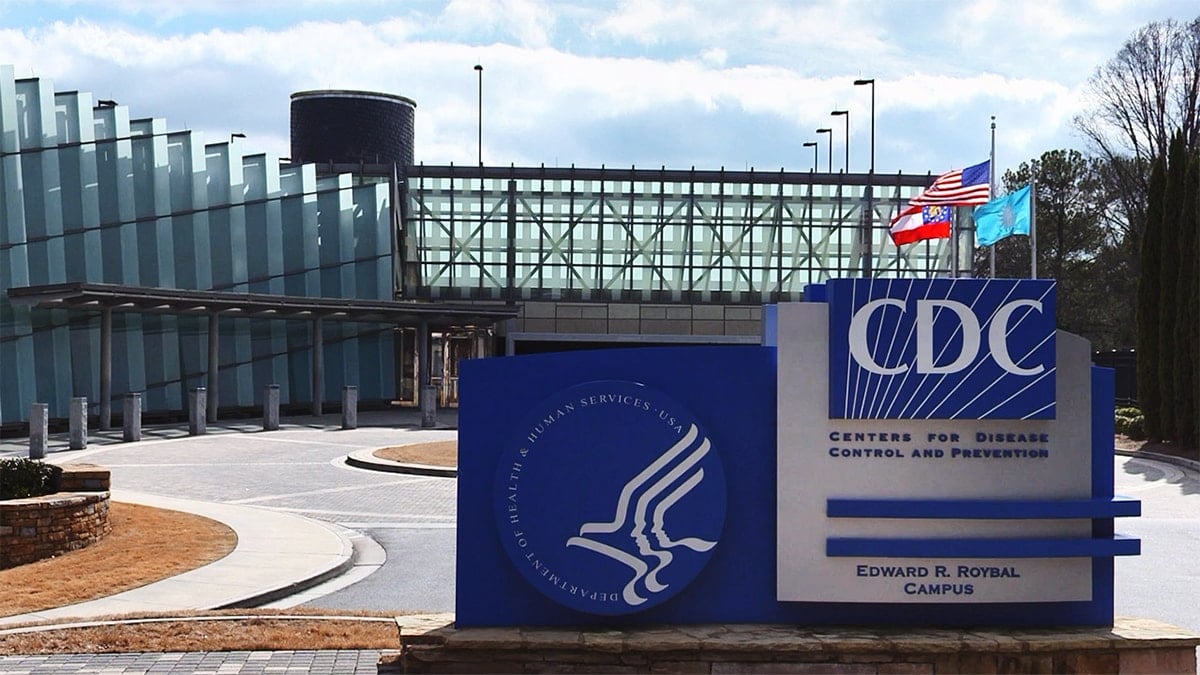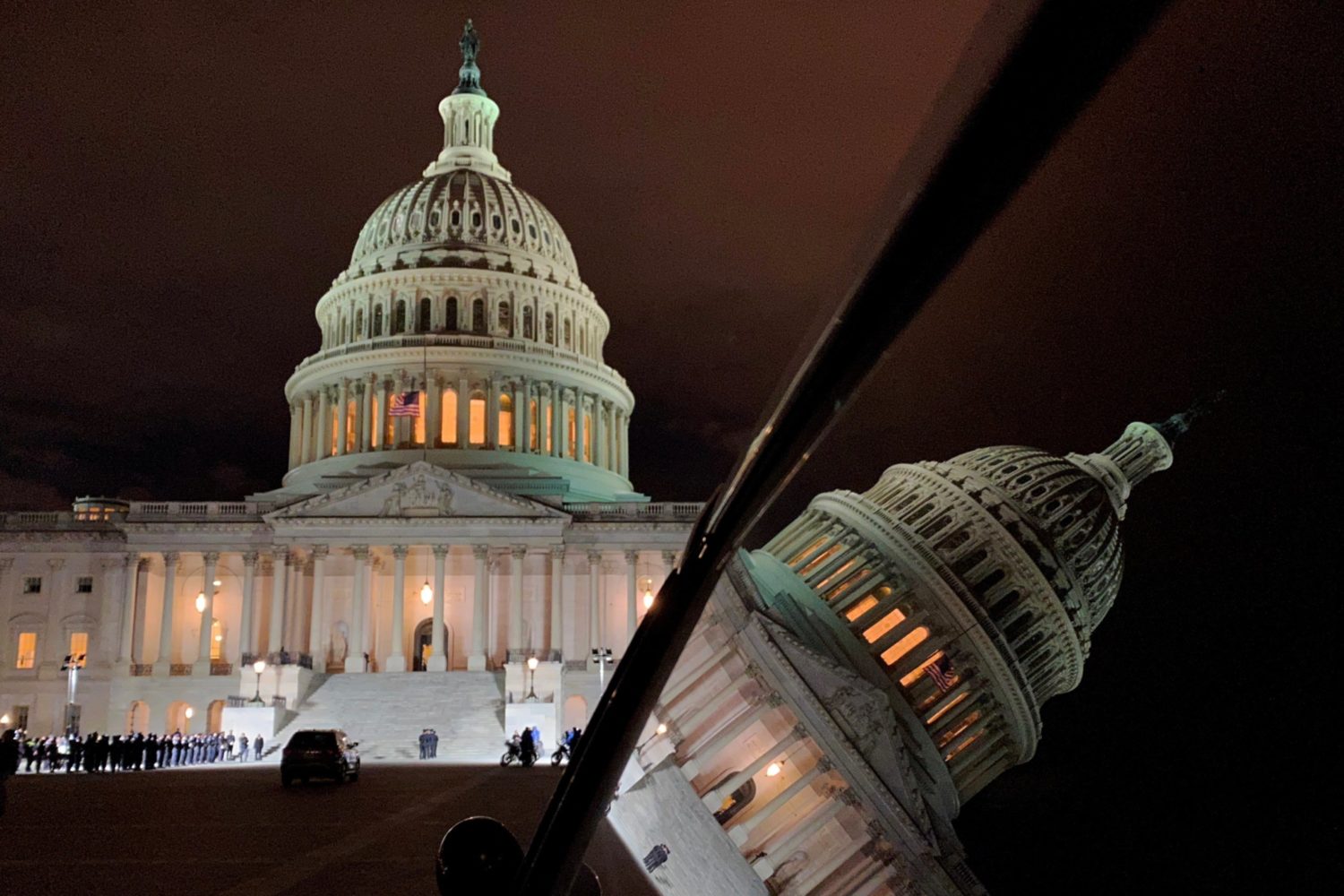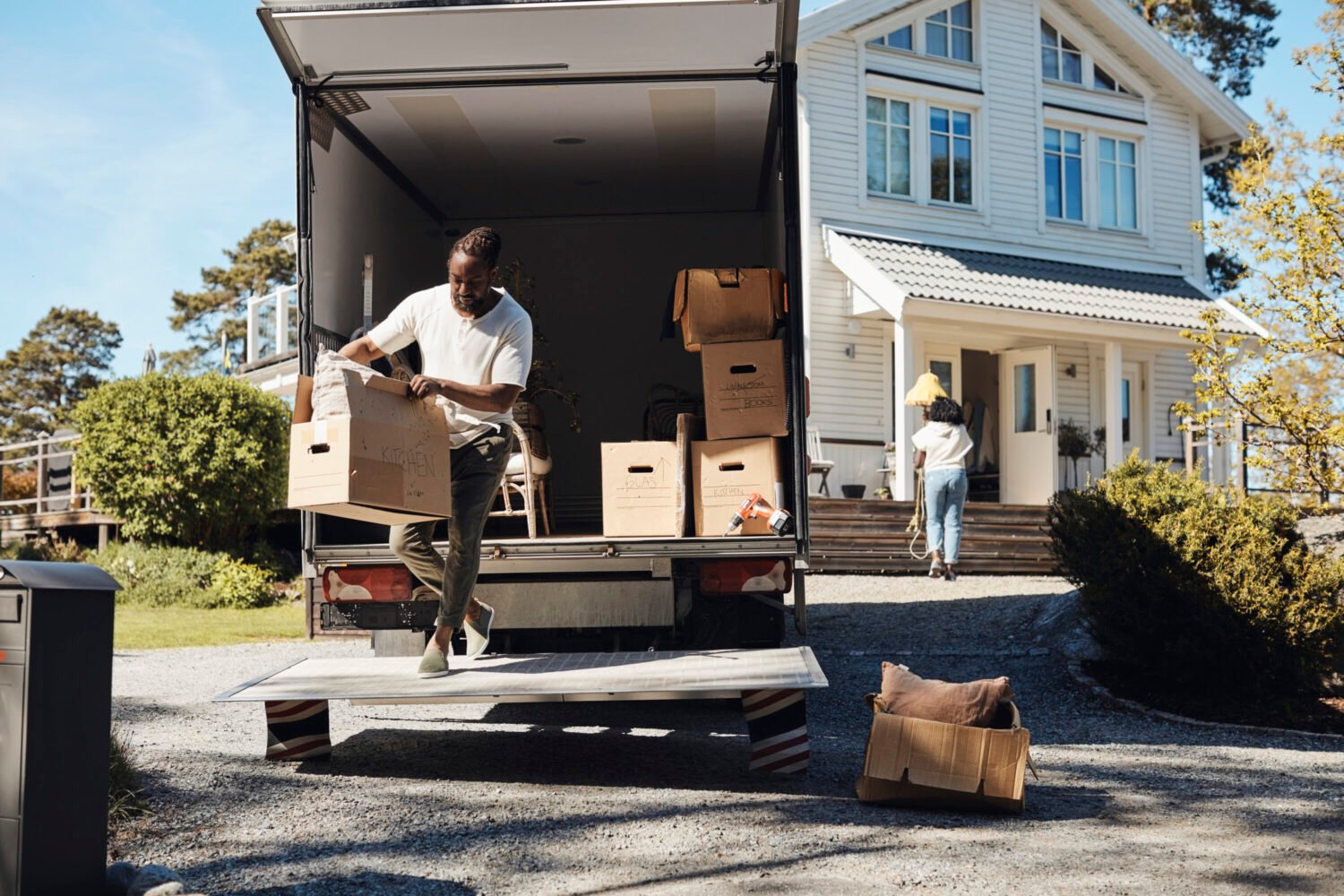Whittier Education Campus principal Tiffany Johnson first realized there was an issue with smoke detectors in some of her students’ homes earlier this month when she heard a beeping noise that was so loud she assumed it was coming from her own home. After searching every room in her house, she realized that the intense noise was, in fact, coming from a student’s monitor.
Johnson was monitoring some online classes, something she’s done every day since schools closed for in-person learning. By the end of the week, as more teachers began to report disruptive alarms in their classrooms, she realized the problem was widespread. So Johnson began to take note of the students names, then make sure someone contacted the student to pick up a pack of replacement batteries at the school.
Elementary-aged students already have a tough time doing distance learning—throw in the distraction of a beeping detector and independent reading time may as well be recess. Even more concerning, many students had grown accustomed to ignoring the sound completely.
“Not only do we have a moral obligation for students academically, but we also have a moral obligation to make sure that they’re safe as well,” says Johnson. “We’re seen as more than just a learning factory. We’re seen as people who are a part of a village.”
In an effort to protect her village, Johnson reached out to the closest fire station to see if people there could help. Last week, DC Fire and EMS announced it’s starting a campaign to teach DCPS families that the chirping means it’s time to switch batteries or update their smoke detector. Any family that needs assistance can now contact DC’s Fire Prevention Division to figure out next steps, including bringing a fire inspector into the home to investigate the problem. DC Fire and EMS’s free smoke detector installation program is currently suspended during the city’s state of emergency.
The smoke detector incident shows one way that distance learning can actually bring educators closer to their students. In addition to organizing virtual karaoke parties so students can feel less isolated, teachers are also checking in with families to identify any food or resource needs during one-on-one meetings, Johnson says.
“Teachers are laying eyes on kids every day to make sure that they’re safe and that you know, they have everything that they need,” Johnson says. “We recognize and honor our educators for all that they are doing for our kiddos because they are literally saving lives every day, and they should be treated as first responders.”


